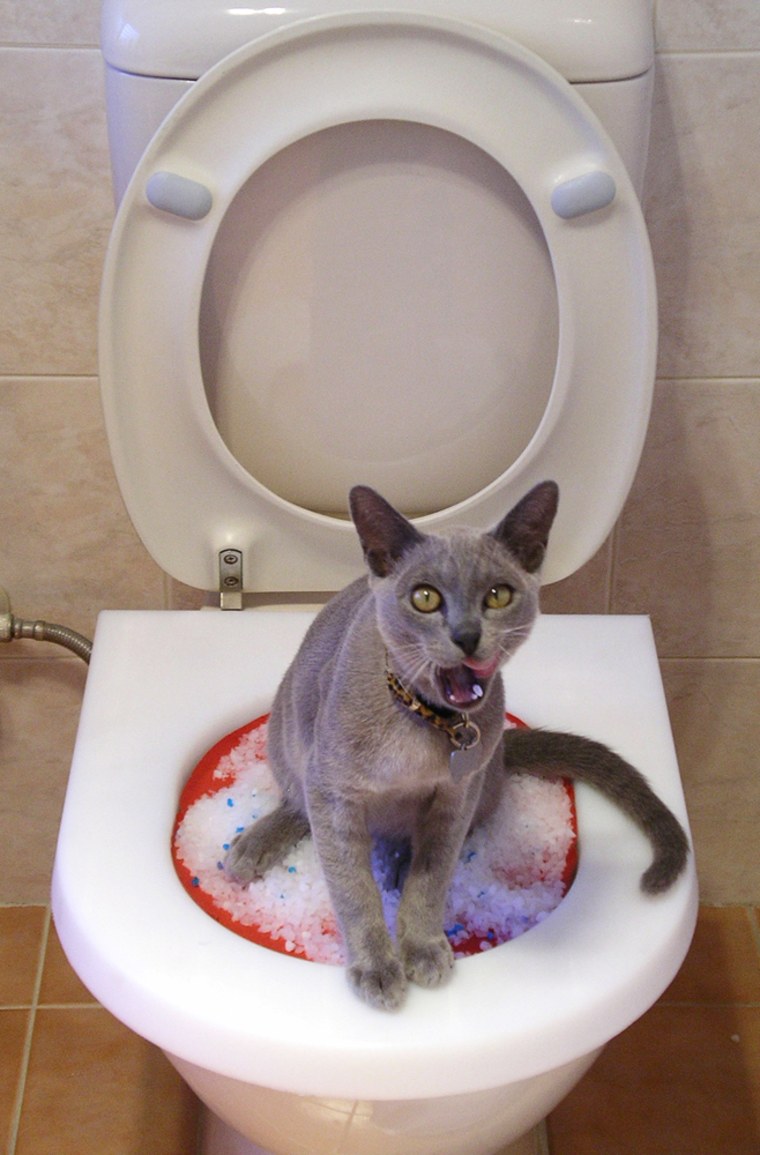This article which follows involving How to Dispose of Cat Poop and Litter Without Plastic Bags is exceedingly enlightening. Don't bypass it.

Introduction
As feline proprietors, it's essential to bear in mind how we throw away our feline friends' waste. While it may seem convenient to flush cat poop down the toilet, this practice can have detrimental effects for both the setting and human wellness.
Alternatives to Flushing
The good news is, there are more secure and a lot more accountable ways to deal with cat poop. Take into consideration the complying with alternatives:
1. Scoop and Dispose in Trash
One of the most common approach of disposing of feline poop is to scoop it into an eco-friendly bag and throw it in the garbage. Be sure to utilize a dedicated trash inside story and get rid of the waste without delay.
2. Use Biodegradable Litter
Select eco-friendly cat trash made from products such as corn or wheat. These clutters are environmentally friendly and can be safely thrown away in the garbage.
3. Bury in the Yard
If you have a backyard, take into consideration hiding cat waste in a designated area away from vegetable gardens and water sources. Be sure to dig deep enough to avoid contamination of groundwater.
4. Install a Pet Waste Disposal System
Buy a pet dog garbage disposal system especially developed for feline waste. These systems make use of enzymes to break down the waste, lowering smell and environmental effect.
Wellness Risks
Along with environmental issues, flushing feline waste can also pose wellness dangers to people. Cat feces might include Toxoplasma gondii, a parasite that can trigger toxoplasmosis-- a potentially extreme disease, particularly for expectant females and individuals with damaged immune systems.
Ecological Impact
Flushing feline poop presents unsafe microorganisms and bloodsuckers into the water, presenting a significant danger to marine communities. These impurities can adversely impact marine life and concession water top quality.
Conclusion
Accountable family pet possession expands beyond supplying food and sanctuary-- it additionally involves proper waste administration. By refraining from flushing feline poop down the bathroom and selecting different disposal methods, we can minimize our environmental footprint and protect human health.
Why You Should Never Flush Cat Poop Down the Toilet
A rose by any other name might smell as sweet, but not all poop is created equal. Toilets, and our sewage systems, are designed for human excrement, not animal waste. It might seem like it couldn’t hurt to toss cat feces into the loo, but it’s not a good idea to flush cat poop in the toilet.
First and foremost, assuming your cat uses a litter box, any waste is going to have litter on it. And even the smallest amount of litter can wreak havoc on plumbing.
Over time, small amounts build up, filling up your septic system. Most litter sold today is clumping; it is made from a type of clay that hardens when it gets wet. Ever tried to scrape old clumps from the bottom of a litter box? You know just how cement-hard it can get!
Now imagine just a small clump of that stuck in your pipes. A simple de-clogger like Drano isn’t going to cut it. And that means it’s going to cost you big time to fix it.
Parasitic Contamination
Believe it or not, your healthy kitty may be harboring a nasty parasite. Only cats excrete Toxoplasma in their feces. Yet it rarely causes serious health issues in the cats that are infected. Most people will be fine too if infected. Only pregnant women and people with compromised immune systems are at risk. (If you’ve ever heard how women who are expecting are excused from litter cleaning duty, Toxoplasma is why.)
But other animals may have a problem if infected with the parasite. And human water treatment systems aren’t designed to handle it. As a result, the systems don’t remove the parasite before discharging wastewater into local waterways. Fish, shellfish, and other marine life — otters in particular — are susceptible to toxoplasma. If exposed, most will end up with brain damage and many will die.
Depending on the species of fish, they may end up on someone’s fish hook and, ultimately on someone’s dinner plate. If that someone has a chronic illness, they’re at risk.
Skip the Toilet Training
We know there are folks out there who like to toilet train their cats. And we give them props, it takes a lot of work. But thanks to the toxoplasma, it’s not a good idea.

I came across that blog posting on How to Dispose of Cat Poop and Litter Without Plastic Bags while scouting around the web. Remember to take the time to distribute this post if you liked it. I praise you for your time. Kindly stop by our website back soon.
Make An Appointment